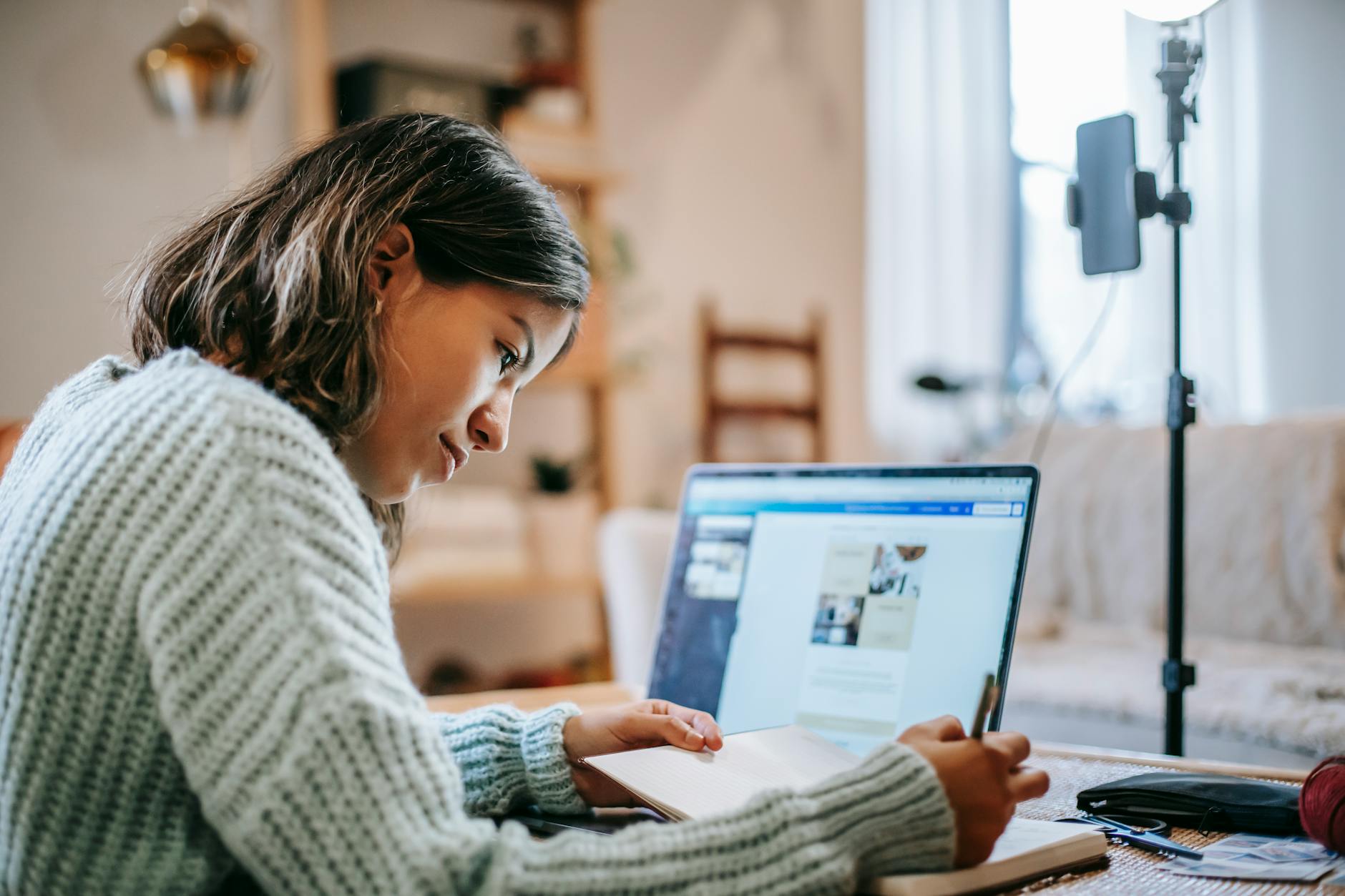1. Variety of programs and opportunities.
Online education provides a variety of programs and opportunities that you won't have to move from your home to access. In 2016, I had to travel back to my home country, Saudi Arabia, during my senior year of high school. I was studying with Indiana University High School, and I was able to access all of my courses during the 9 months I stayed in Saudi Arabia. For this heading, I can add some statistics, if there are any, on the school programs offered online at universities in the United States. Especially now with COVID, many more classes are offered online than ever before.
2. Comfortable learning environment

School uniforms were never comfortable. Wooden school desks and plastic chairs are also never comfortable. We have to carry our books and materials with us from class to class. Teachers sometimes wouldn't let students use the bathroom when they really had to go. When I started online school, I was able to wear, eat, and drink what pleased me, and easily take a break between classes with no rush. I think this point needs an interview from personal experience to prove the comfort of studying in any environment you desire versus the school environment.
3. Concentration ability

Personally, my grades and GPA improved so much after I switched to online classes because of no classroom distractions and I feel like I get heard by the teacher during classes. Online virtual attendance is more controlled because students get to be muted during lectures. This also doesn't give me a hard time to ask a question, or even message the teacher of any concern. I think a case study would work under this heading as it would prove if students concentrate better in their studies outside of the in-person attendance.
4. Technical skills

Kids are only taught the basics of computer-usage at public schools. They are taught how to search google and print images. During COVID, schools started to teach kids how to make digital posters and presentations. They're also taught how to use different learning platforms like IXL, and how to use online resources from their local public library. My favorite part is the class recordings, so I wouldn't have to miss anything if I had an emergency. I would add statements from teachers at different schools to see how the students' technical usage and programs changed due to COVID.
5. Time management and flexibility

I don't think many parents know this, but most of the time used from leaving to school & coming back is just a waste. I used to be the first one on the bus & the last one off. I would spend an hour going to & coming back from school doing nothing. That is time that can be spent doing homework or anything else that is useful. I would like to add a student interview or statistics of non-academic time like travel time, especially for universities that have big campuses. Not to mention, again, that some students have more responsibilities in their personal lives.
6. Geographic diversity

Online education gives anyone the opportunity to attend from anywhere they wish. This brings a lot of students with different backgrounds into the classroom. Students won't be limited to only having classmates from their community, but also classmates from across the globe like Indian and Saudi Arabia. I would like to include a personal anecdote as I have studied in the United States from 2nd to 9th grade in public school, then switched to online education until I graduated from high school. My college & university experience has been mostly online and I had a few in-person classes.
7. Pacing options

Public schools are usually limited to only the four quarters of the year. Whatever course work you miss, is gone and won't be repeated. Online education gives you the opportunity to study at your own pace, and even take summer classes to make up for any missing work. These options are best for high school and university students who are wanting to graduate earlier, or have responsibilities at home like kids. They need this flexibility to better-manage what they have on their plate. A student interview would work the best under this heading as it would bring a direct point of view from what students get to face when they have many responsibilities.
